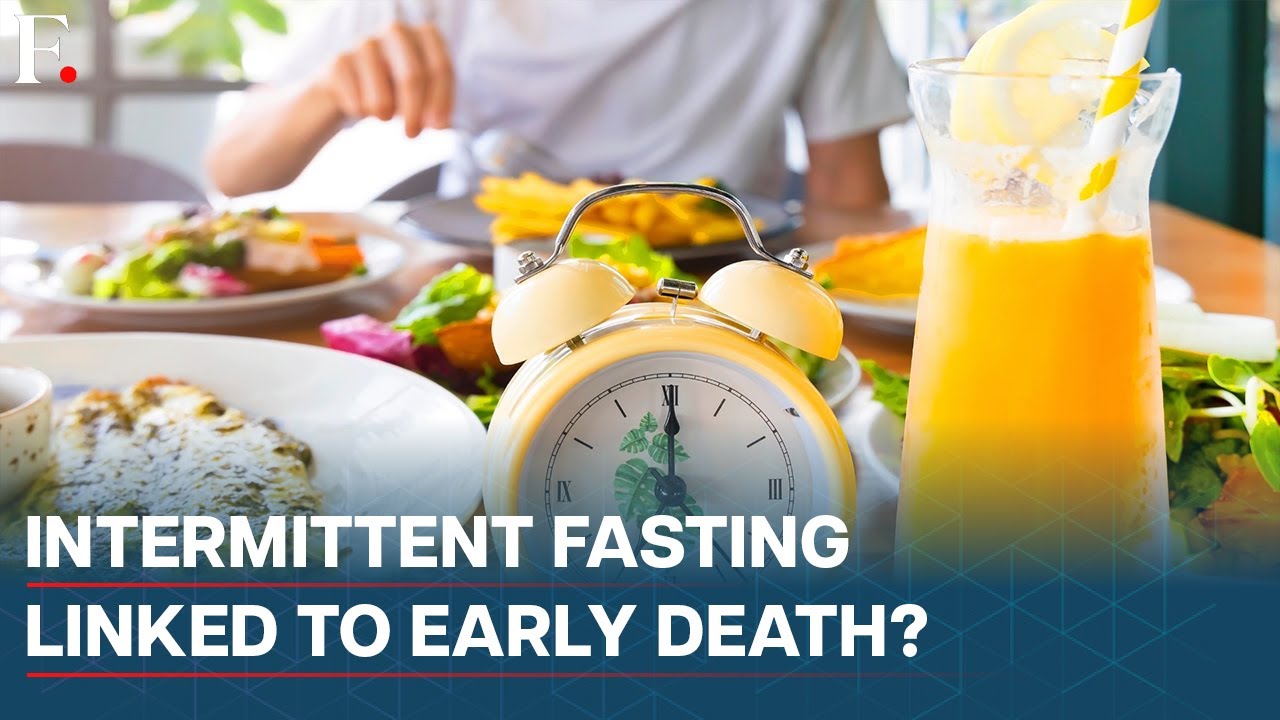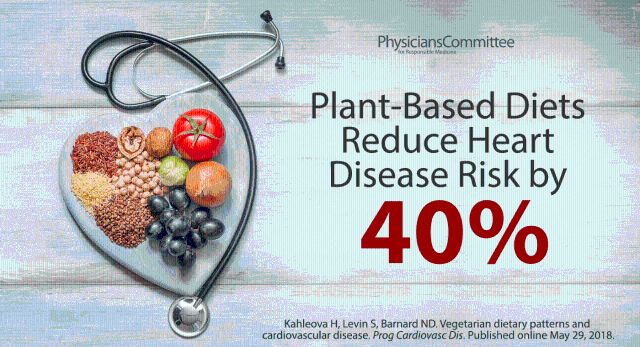The buzz around intermittent fasting and its potential risks has taken the internet by storm, with headlines claiming a staggering 91% higher risk of cardiovascular death for those who practice this dietary approach. But before you toss out your fasting schedule, let’s delve into the facts and fiction surrounding this study.

The study in question, which has yet to undergo peer review, utilized data from the National Health and Nutrition Examination Survey (NHANES) and linked it to a database of deaths. The findings suggest that individuals who restrict their eating to less than eight hours a day may be at a significantly higher risk of cardiovascular mortality. However, the devil is in the details, and in this case, the details are not yet fully accessible to the public or the scientific community.
Observational studies, like the one causing the current uproar, are inherently limited. They can point out correlations but are not equipped to prove causation. This is particularly true in nutritional research, where numerous confounding factors can muddy the waters. For example, the honesty of survey respondents, their ability to accurately recall their dietary habits, and the myriad of unmeasurable differences between individuals can all skew results.
Moreover, the study’s reliance on self-reported data from a two-day eating log provides only a snapshot of participants’ habits, which is hardly enough to draw sweeping conclusions about the long-term effects of intermittent fasting on heart health.
Despite the alarming headlines, experts in the field urge caution in interpreting these findings. Harlan Krumholz, a health policy expert at Yale, emphasizes that the study should be seen as a call for further research rather than a definitive indictment of time-restricted eating. Indeed, previous research has indicated that intermittent fasting can lead to weight loss and improved blood pressure, among other health benefits.
The analysis presented at the American Heart Association’s scientific sessions does raise important questions. For instance, why did those who ate within a shorter window have less lean muscle mass, and could this be linked to the increased cardiovascular risk? These are questions that merit further investigation through more rigorous study designs, such as randomized controlled trials.
In the meantime, it’s essential to remember that nutrition science is complex and often inconclusive. As we navigate through the murky waters of dietary research, it’s crucial to maintain a balanced perspective. While this study suggests potential risks associated with long-term intermittent fasting, it does not provide the final word on the subject.
For those who have found success with intermittent fasting, it’s important to consult with healthcare professionals before making any changes to your routine. And as always, individual results and experiences should be taken into account.
While the recent study on intermittent fasting and cardiovascular risk has certainly captured our attention, it’s important to approach the findings with a critical eye. Nutritional science is a field fraught with complexities, and this study is a reminder of the importance of rigorous research and cautious interpretation. Until more definitive evidence is available, it’s best to proceed with an informed and balanced approach to diet and health.
Related posts:
A study says intermittent fasting is making people drop dead. Oh, come on
Intermittent fasting linked to higher risk of cardiovascular death, research suggests
Could Intermittent Fasting Diets Raise Heart Risks?





